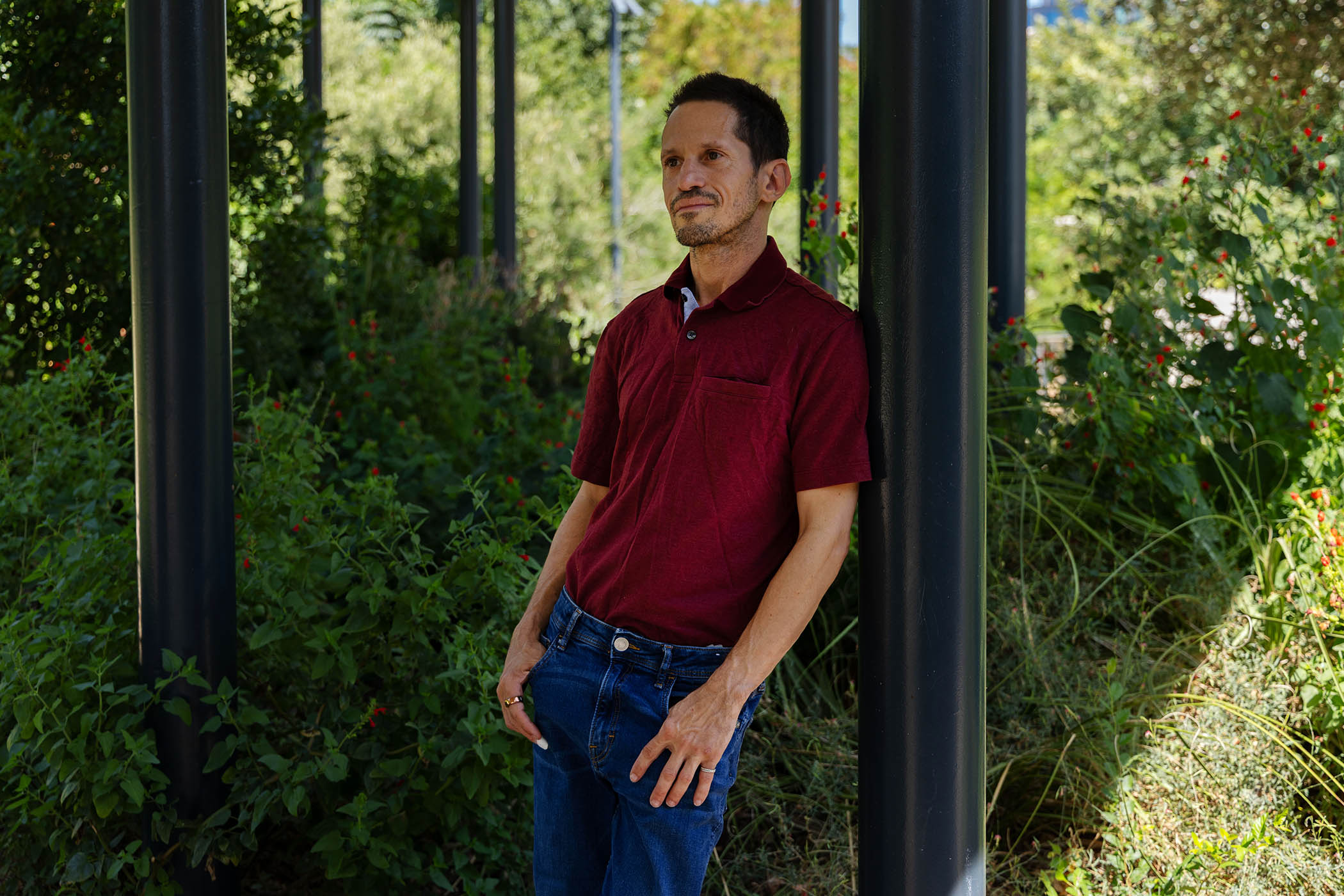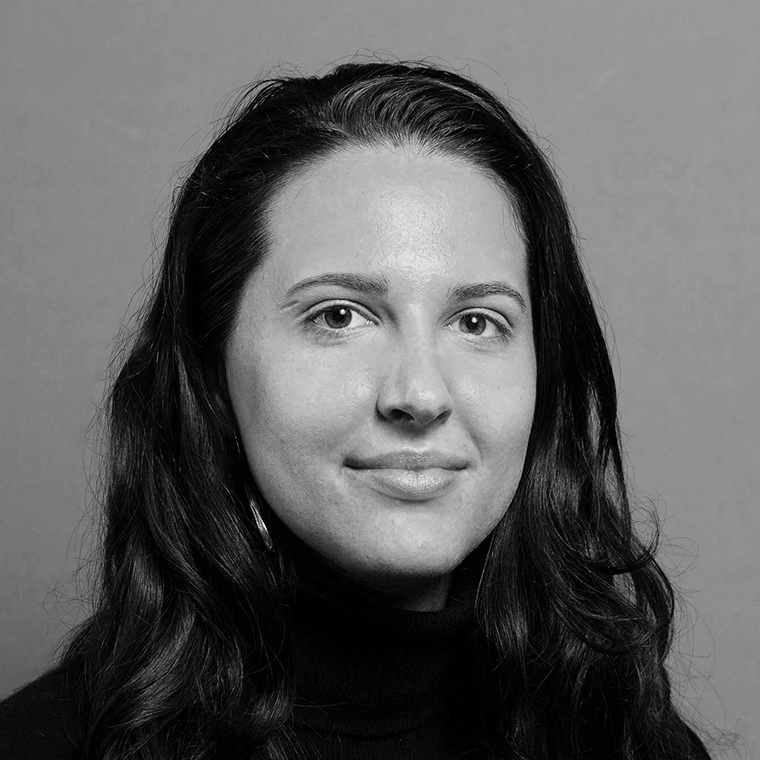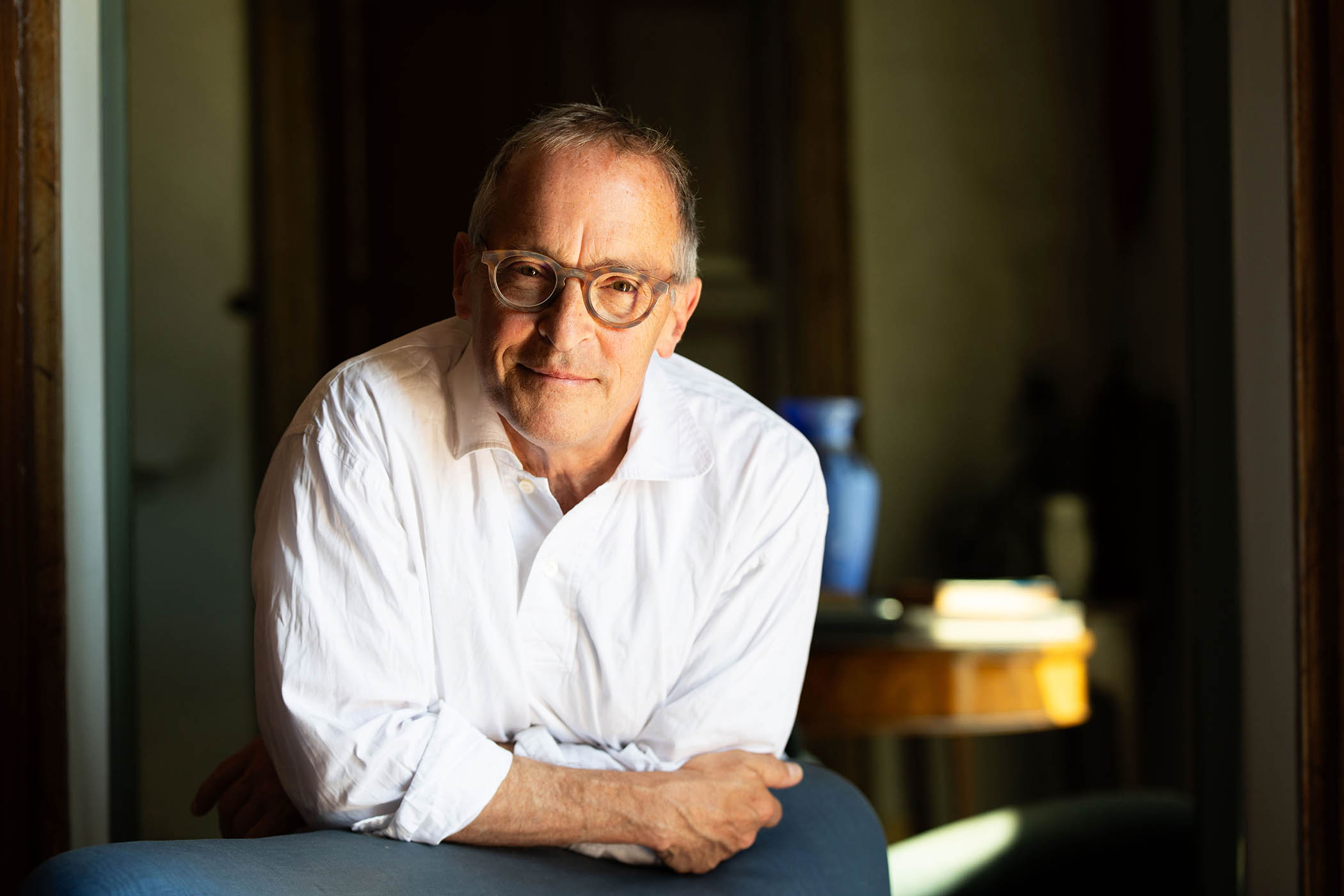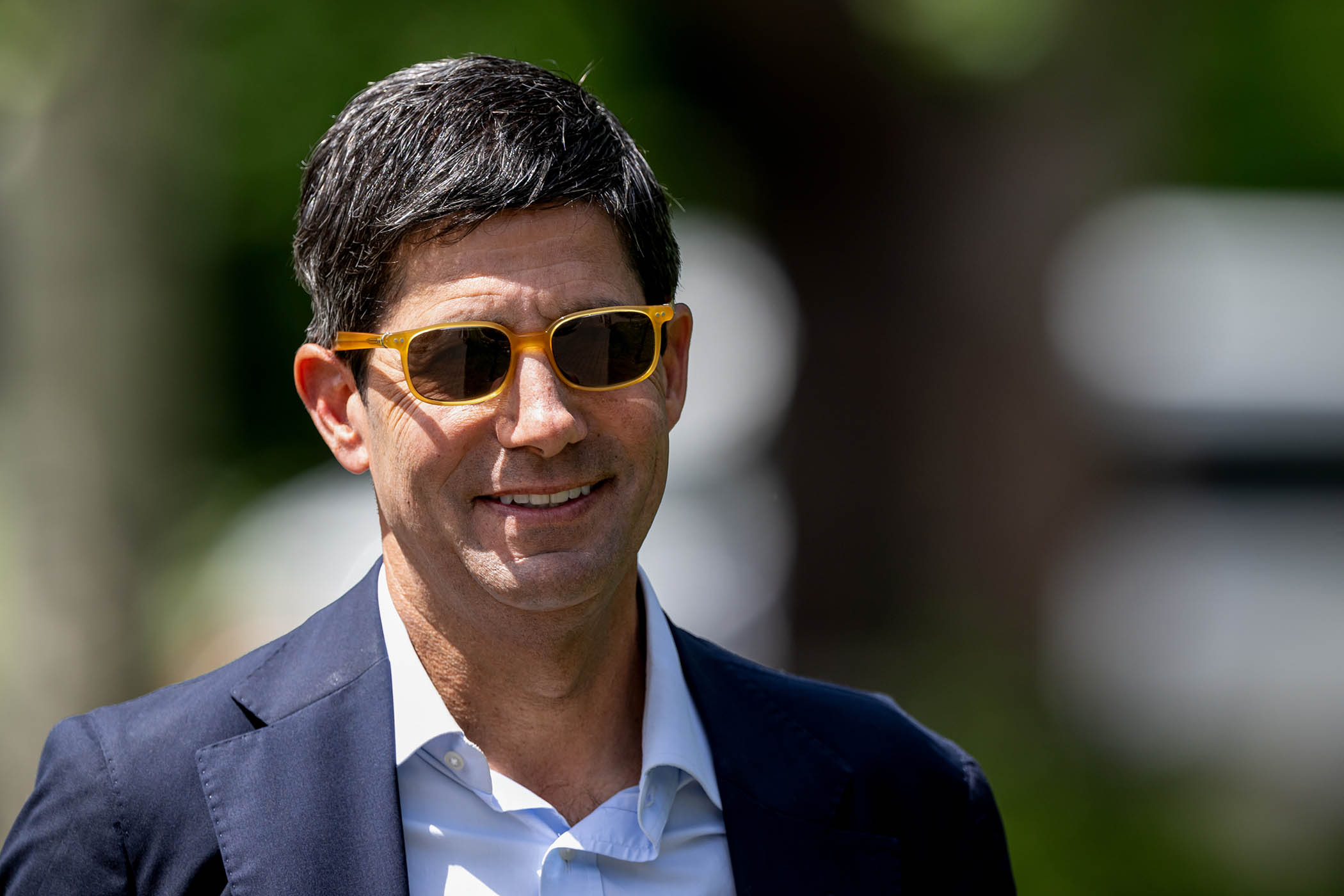You can listen to Patricia Clarke’s investigation on this week’s episode of The Slow Newscast, The immortality bros: the new frontiers of health, here.
Patri Friedman is no stranger to medical experimentation. Early last year, the American investor and grandson of the Nobel prize-winning economist Milton Friedman had all of the bacteria in his mouth replaced in an attempt to permanently prevent cavities. He has a microchip embedded in his hand that operates as both a Tesla key and a business card.
On the Caribbean island of Roatán, Honduras, Friedman has now tested a new medicine, a single injection that promises to “increase lean muscle mass and decrease fat”, pitched as a way to slow ageing and extend a person’s healthy years – what the industry calls “longevity”.
The therapy was designed by a company called Minicircle, a startup based between the US and Honduras, where it operates outside the confines of the US Food and Drug Administration (FDA).
Friedman, speaking over Zoom, was clear this was a riskier intervention: “I was like: ‘Wow, I’m going to inject something with new DNA into my body.’ I wouldn’t blame anyone else for not being comfortable with it.”
Friedman is in the vanguard of the longevity libertarians, setting up projects offshore in “free zones” in order to escape the regulation that they see not as a means of protecting people, but as a constraint on innovation and the potential of humanity.
Their pursuit of eternal life is reshaping legislation in the US, too. In May, the state of Montana broadened its right-to-try legislation, which since 2014 has allowed terminally ill patients to access treatments that have not yet gained FDA approval. Now, otherwise healthy patients will be able to apply to try unproven longevity medicines.
Proponents say it is an exciting way for private companies to carry out potentially life-saving research at speed, bypassing an outdated and overly bureaucratic FDA. Critics say that it is only a matter of time “before something really bad happens”.
In 2008, Friedman founded the Seasteading Institute, an organisation aiming to build extrajudicial communities in international waters. “My life’s mission is to… start new countries, like we start companies today,” he said.
He moved his project ashore in 2013, when the Honduran government passed a law to create special economic areas called Zedes (zones for employment and economic development). Four years later, he invested in the project that became Próspera, a startup city in Roatán, where companies can write their own regulatory rules. Since then, Próspera has raised more than $100m in investments and is home to everything from a subdermal implants lab promising to make “human cyborgs”, to a centre specialising in stem-cell therapies that are not approved in the US.
Newsletters
Choose the newsletters you want to receive
View more
For information about how The Observer protects your data, read our Privacy Policy
Minicircle is one of the island’s most prominent businesses. It was founded in 2019 by Tristan Roberts, Walter Patterson and Mac Davis – a group of baby-faced biohackers who met while working at a gene-therapy company called Ascendance Biomedical, which collapsed in 2018 after its founder was found dead in a sensory deprivation tank.
At Minicircle, they pivoted to a gene therapy that targets the muscle-building protein follistatin. Riding the early crest of the longevity trend, they raised a modest investment, including money from high-profile backers such as Palantir co-founder Peter Thiel ($150,000) and OpenAI’s chief executive, Sam Altman ($250,000).
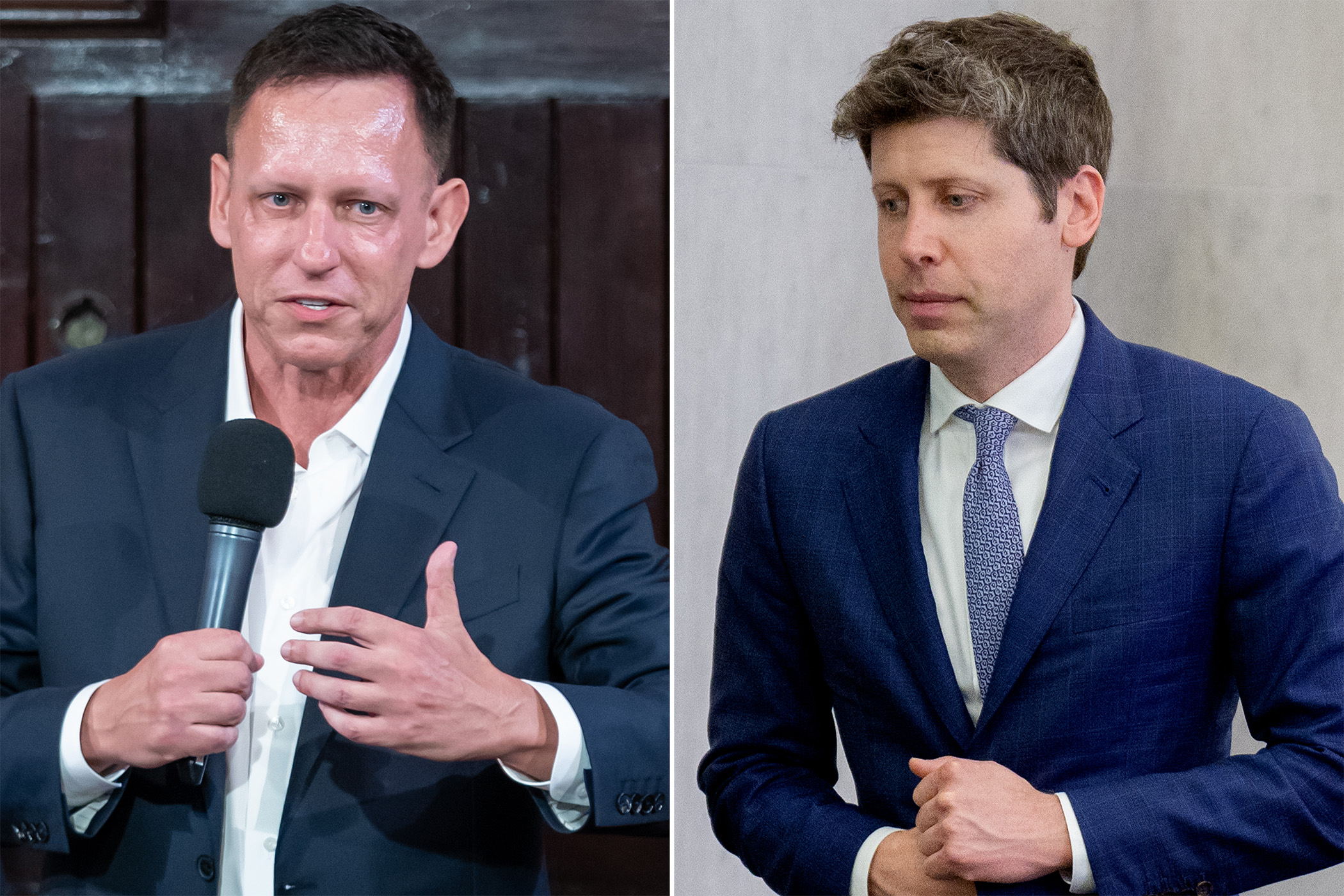
Peter Thiel, co-founder of PayPal, and the OpenAI boss Sam Altman have invested in Minicircle
One of the many benefits of operating the business from Próspera is that it speeds up the clinical trial process and makes it significantly cheaper. On average, in the US, it takes more than 10 years for a drug to go from phase 1 testing to regulatory approval, and estimates for the average cost of developing a new drug range from roughly $985m to $2.6bn. “Próspera seemed like a good option for doing it with almost no budget,” said Minicircle co-founder Roberts.
In August 2023, the company designed a phase 1 follistatin trial with 43 participants, based in Roatán. Roberts described it as a success.
In April 2024, Minicircle self-published a paper that called follistatin gene therapy “a potentially safe, anti-frailty longevity therapy”.
Mark Kay, a professor of paediatrics and genetics at Stanford University, California, reviewed the paper and said much of the data shown in the study’s charts was “meaningless” and the follistatin dose administered to patients was tiny.
“If this was a real therapy that could really do what they claim, the pharmaceutical companies would be all over it,” Kay said. The Observer has spoken to several scientists who are similarly sceptical about Minicircle’s follistatin claims.
But by 2024, the therapy was on sale in Próspera for $25,000, without moving on to phase 2 testing to prove the treatment’s efficacy in fighting disease. Because the laws of Próspera allowed them to, the company went straight to commercialising the treatment instead.
Minicircle is now expanding. This year, it launched a new website, it is hiring for a series of roles and it is advertising a new product, klotho, which is due out in 2026. On its website, Minicircle calls klotho a “life-extension gene therapy known for its broad health and cognition benefits”, saying it improves brain plasticity. Friedman, however, said the company is yet to carry out its phase 1 trials.
Several doctors and scientists studying genetics and longevity, including research into klotho, told The Observer that it is a highly experimental treatment and there is no data supporting its effects on humans.
“Honestly, I think these guys are playing with fire, and it’s only a matter of time before something really bad happens,” said one senior longevity scientist. “Or it may have happened already, and we just don’t know about it.” It can take years for some side-effects of treatments to become apparent.
Friedman is unconcerned about both the risks and the lack of evidence for these treatments, and feels sure Minicircles’s follistatin treatment worked for him. Ultimately, he said that “people have to make their own decisions”.
More and more people will now be able to follow Friedman’s lead into the world of medical self-experimentation.
In Montana, as part of the new right-to-try legislation, all medicines will have to go through a phase 1 safety trial, but after that, the bill offers a shortcut to the next step, which is testing whether a drug actually works. About 85% of drugs that clear phase 1 still fail in later stages. Experts say that giving such drugs to healthy people risks blurring the line between research and medicine.
For now, the Montana project is embryonic; no companies have set up shop there yet. But the kinds of ventures already operating offshore point to what might come next.
Additional reporting by Madeline Parr
Photograph by Katie Hayes Luke /The Observer. Other photographs by Getty
